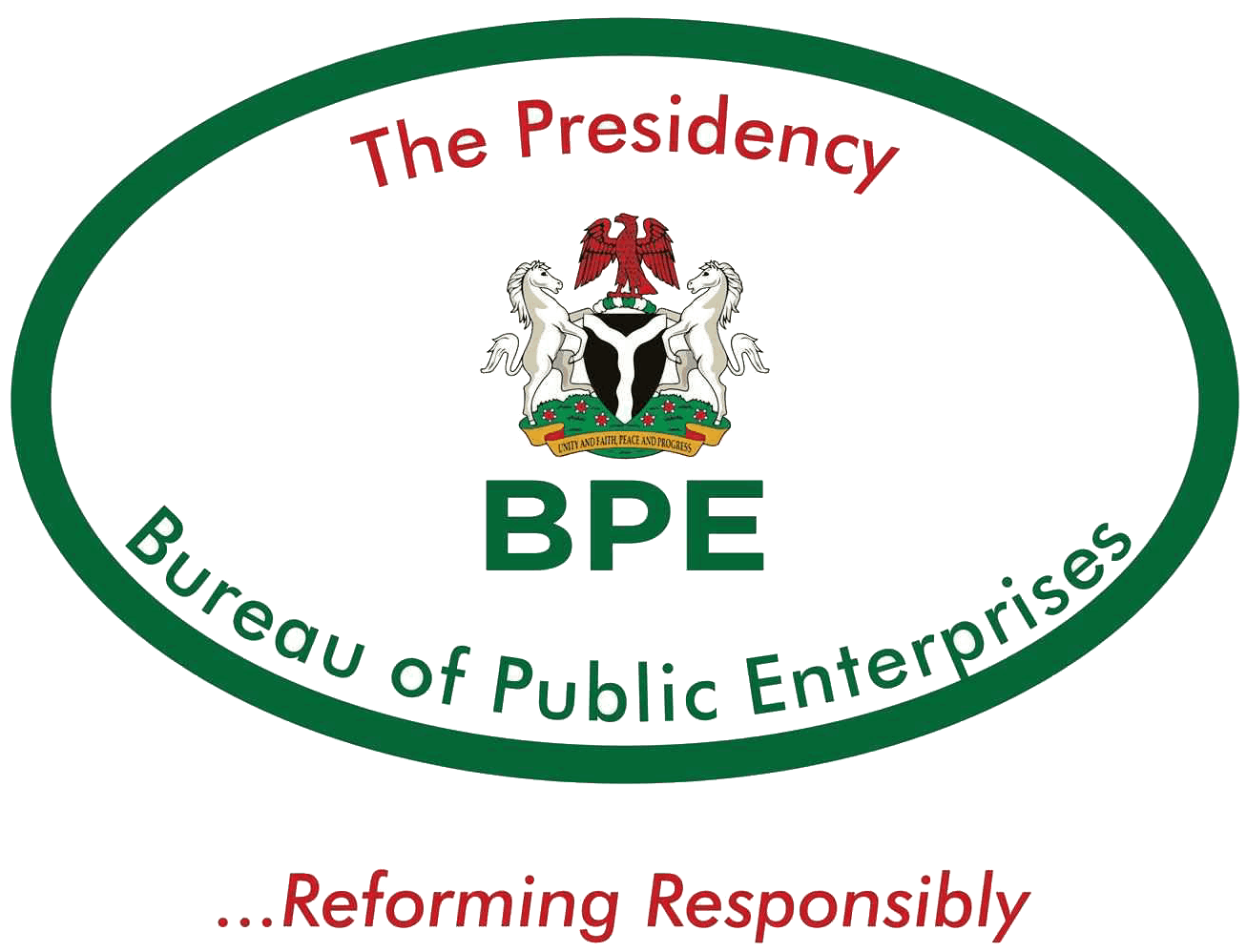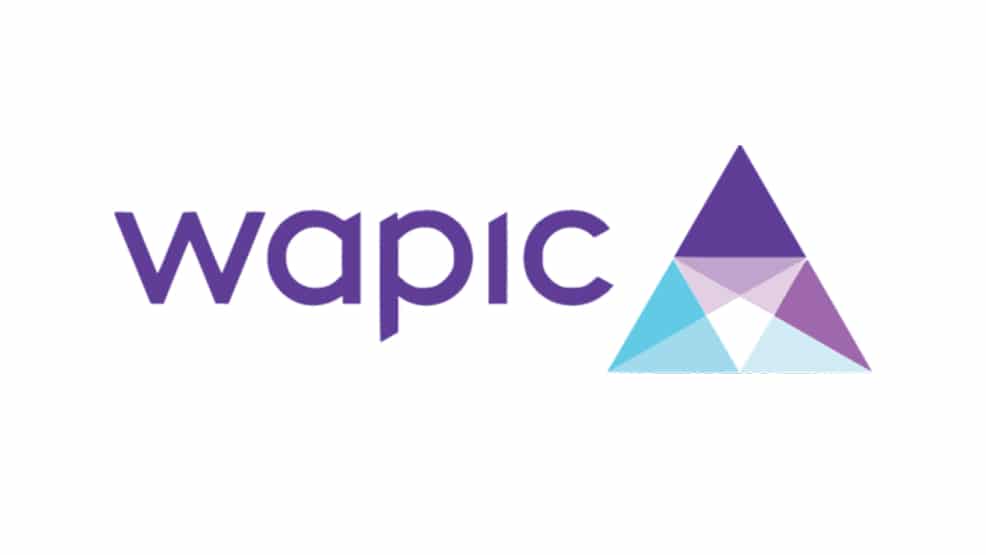
Before the reforms, Nigeria’s Pension Reform system was largely fragmented, unsustainable, and inadequate. The public sector operated an unfunded, defined-benefit scheme that depended solely on annual budgetary provisions, while the private sector had inconsistent and poorly regulated arrangements. This system led to huge pension arrears, lack of accountability, and financial insecurity for retirees who had dedicated years of service to the nation.


The Reform Process
To address these challenges, the Federal Government launched a comprehensive overhaul with the Pension Reform Act of 2004, later strengthened by the 2014 amendment. The reform introduced the Contributory Pension Scheme (CPS) — a modern system where both employers and employees make regular contributions into Retirement Savings Accounts (RSAs). These funds are managed by Pension Fund Administrators (PFAs) and held by licensed custodians, ensuring safety and accountability. Key pillars of the reform include:
- Shared responsibility between employer and employee.
- Strict regulation by the National Pension Commission (PenCom).
- Transparency and accountability in fund management.
- A sustainable system designed to eliminate pension arrears permanently.
The Bureau of Public Enterprises (BPE) played a crucial role by supporting the restructuring and ensuring alignment with Nigeria’s broader economic reforms.
Assets Under Management (AuM): ≈ N24.63 Trillion as at the end of .

Conclusion
The pension reform in Nigeria stands as one of the country’s most impactful socio-economic reforms, safeguarding the future of millions of workers and strengthening the nation’s financial system. By ensuring sustainability, transparency, and dignity for retirees, the reform has transformed the sector from a source of hardship into a reliable pillar of social security. The Bureau of Public Enterprises continues to champion reforms that secure economic stability and enhance the welfare of Nigerians.





